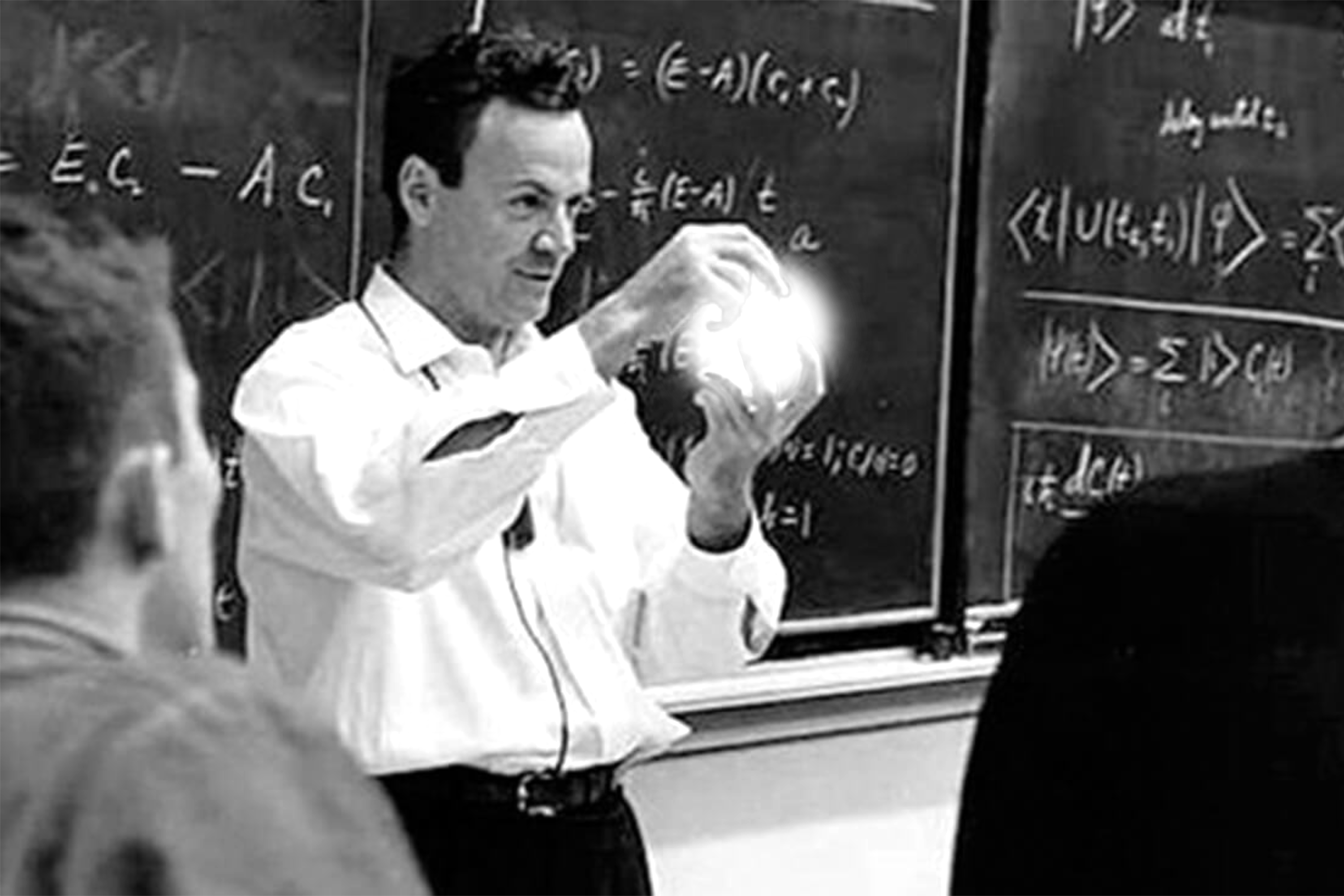Good explanations are nothing short of magic

To take heaven and connect it to Earth in a way others can understand. What a skill.
Good explanations are nothing short of magic, because that’s what they offer: a connection between the divine and reality.
I’ve noticed many YouTube channels publishing clips channels. A small dose of a larger experience. The trend isn’t new. It’s the same as movie trailers revealing a small piece of the full movie.
There’s a lesson there. You can’t have the small part without the big part.
To showcase a 90-second highlight cut of a movie, you need the 90-minute full cut and for the 90-minute full cut, you need the 9-hour unedited cut.
To give an explanation of something in such a pure form requires a wealth of knowledge.
When people say they like to separate the signal from the noise, for the signal to have any meaning, there has to be noise. Life is full of such coincidences.
To have the concise and clear explanation, you need the lengthy, boring explanation, otherwise there’d be nothing to compare it to.
One of the best ways I’ve found to explain anything is to have the person believe they discovered it themselves. I’m a fan of this method because it’s how I enjoy things explained to me.
Who doesn’t like surprises?
And isn’t one of the best surprises realising you knew something all along?
Like a light bulb illuminating a room you already know the layout of.
But how should one start when someone knows nothing at all about a topic?
Story.
Imagine two professors conveying a complex topic to a group of students.
One professor starts with the technical details. Half the students fall asleep, the other half take take out their phones.
The other professor captures the students attention with a story and mixes in technical details as it goes along. Holding the students attention with story, the professor tricks the student into learning at the same time.
Would the lessons from the Bible or Nordic Mythology passed through so many years if they weren’t wrapped in story?
The best teachers are entertainers, education comes as a bonus.
And the best explanations are as entertaining as they are educating.
Explaining something one way might work for one person but tie another in mental knots.
If someone enjoys cars, draw your analogies around cars, if someone enjoys food, perhaps there’s a mealtime story they could relate to.
Once you’ve got it, clarify by working backwards, repetitiveness drives a point home. The best explanations entertain forwards and educate backwards.
The good news is, like any skill, good explanations can be practiced and learned. I’m working on it.
